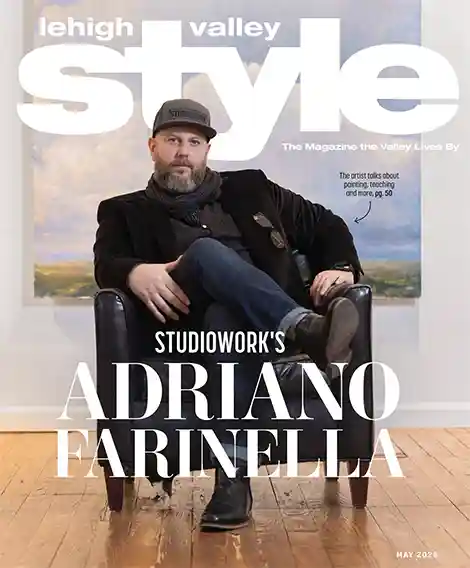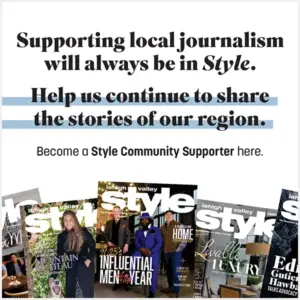Productivity isn't just about making yourself useful. Certified Professional Organizer and Productivity Consultant Diane Albright wields her expertise to help clients create space for life and leisure as well as work. Here's her advice on using organization to get things done and enjoy your downtime in the new year.

Prioritize Your Happiness
“I look at the new year differently than most people,” Albright says. “Not as a time for resolutions but as a time to do a life reset and evaluate what makes you happy.” No matter what it is you want more of in your life, organization can help.
Take stock of what's working in your life. Where can you decrease stress and increase free time? For example, maybe you rush around in the morning because of a messy closet. Maybe you're constantly digging around for important documents, or watching the evening escape you as it takes forever to make dinner. Maybe you're depriving yourself of hosting guests because your living room is a mess.
Whether you want to get in shape, spend more time on a hobby or get organized for organization's sake, make a list of three goals and put them in priority order. “You want to take one at a time,” Albright says. “Master one new habit and move on from there.”
Set Up Future You
Clutter comes into play when you're trying to create new habits and more leisure time. “You want to be able to find things in 30 seconds or less,” Albright says. “Otherwise that's time you'll never get back.”
To create a lifestyle with less scrambling, or to be ready for the gym that you're definitely going to start going to every morning, take a little time before bed to make sure your clothes are laid out and your gym bag is ready for deployment. This takes the power out of any bleary morning hesitation over what comes next.
“Before you leave the office for the day,” Albright advises, “write down the most important things to do tomorrow. It's easier to remember your to-dos at the end of the day than the next morning.” For to-do lists, it's helpful to circle up to three most important items to take the guesswork out of where to start.
Prevent Piles
One of the most powerful pieces of advice Albright offers is to stay on top of the unconscious formation of piles around the house. “Once you start a pile,” she says, “you don't notice that it grows.” An innocently small pile can easily take over a dining room table until it's standing in the way of Thanksgiving dinner.
To prevent this, everything needs to have a place and be put there right away. One organizational system particularly helpful for this is the command center. “I always say you should have a command center that runs the home,” Albright says. This is where keys, purse and things you're planning to take with you can live, where mail and important papers await your attention, and where your phone can charge.
Albright has a system of drawers and cubbies inside her coat closet to accommodate these common countertop accumulators, and you can devise a system wherever it makes sense to you.
Technology
In this day and age, Albright's favorite decluttering tool is technology, even while it's another target for organization. She sings the praises of her Notes app as well as AI tools like ChatGPT to quickly produce the text for a thank you note or even to devise meal prep plans.
Don't use your email inbox as a “file system.” Create an archive folder on your computer for each year, such as “Archive 2024.” Here, put bank statements and financial documents that will become obsolete. When the time is right, purge with a click of a button.
Keeping relevant file systems on your hard drive might seem onerous, but consider the calamity if you switch email providers and it's no longer easy to find receipts and correspondence that were sitting in your inbox.
It's important to have idle time to think, process and grow.
Growth Time
Don't lose sight of what all these preparations and habits are for. “I think of my grandmother,” Albright says, “when she was young, she didn't have an automated washer or dryer. She cooked all meals at home. If we told her we'd have all these things automated she'd ask, ‘What are you doing with all your free time?'”
She might be disappointed to hear that some of us feel compelled to cram it with even more productivity. “It's important to have idle time to think, process and grow,” Albright says. “I call it Growth Time.”
Idle time lets the brain reflect and connect the dots in our lives. It's time to ask whether the things we're doing are making us happy, and identify what we can change. Or, to simply enjoy being alive without accomplishing anything!
Published as “Ask the Expert” in the January 2024 edition of Lehigh Valley Style magazine.
















